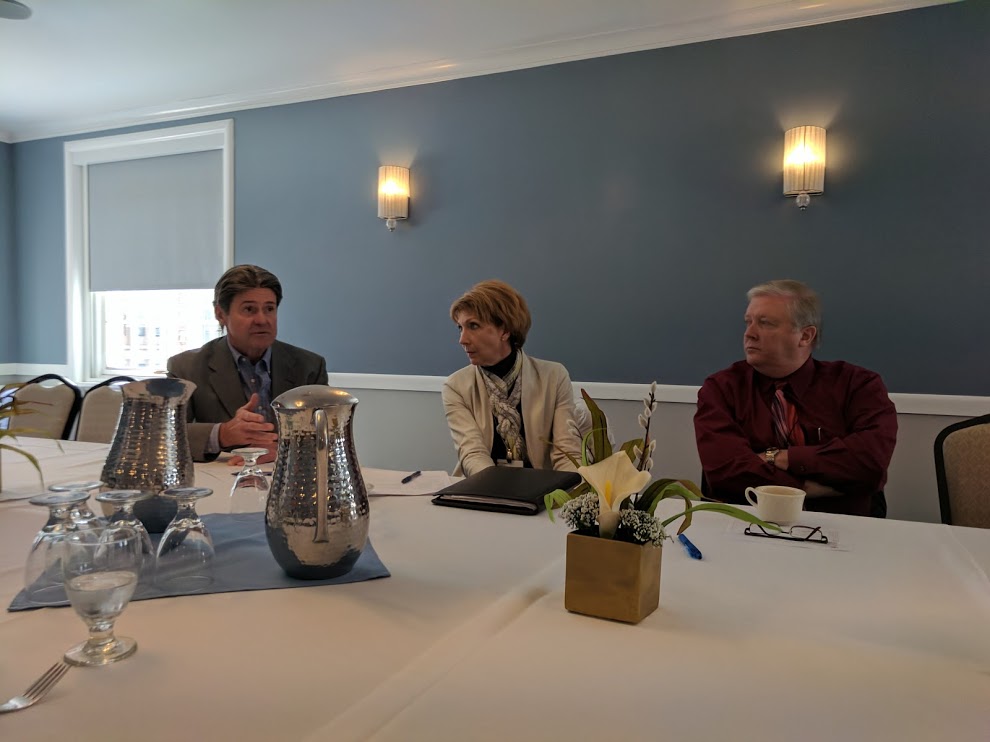The Washington Health Benefit Exchange today announced the selection of Better Health Together to oversee in-person assistance provided to residents of Ferry, Stevens, Pend Oreille, Lincoln, Spokane, Adams and Whitman Counties during the upcoming open enrollment period scheduled to begin on Nov. 1.
Better Health Together is one of nine public health agencies, regional health networks, and community organizations selected to provide free support to individuals and families signing up for coverage through Washington Healthplanfinder and one of two in the state with an active storefront.
“Given the uncertainty currently surrounding healthcare, the support and communication Better Health Together and all other lead organizations provide is especially essential,” said Pam MacEwan, CEO of the Washington Health Benefit Exchange. “Their outreach and education efforts offer reliable assistance at a time when many residents may have questions about their coverage.”
Better Health Together is responsible for building and managing a network of navigators who are available to guide individuals and families through the enrollment process, determine how well their current health plans worked, and explore new coverage options.
During the previous open enrollment period, more than 225,000 Washingtonians utilized resources provided by Better Health Together and other lead organizations located across the state to enroll in health coverage through Washington Healthplanfinder.
“Being selected has given us the ability to provide this service and stability to the community twelve months a year in our new enrollment center, instead of what used to be three months,” said Curt Fackler, Navigator Program Manager of Better Health Together.
Better Health Together’s Navigator Network launched in 2013 with the goal of enrolling 10,000 people in health insurance through Washington Healthplanfinder. Today, Better Health Together’s Navigator Network has enrolled and re-enrolled over 100,000 people, dropping the uninsured rate to less than 5% in the region.











